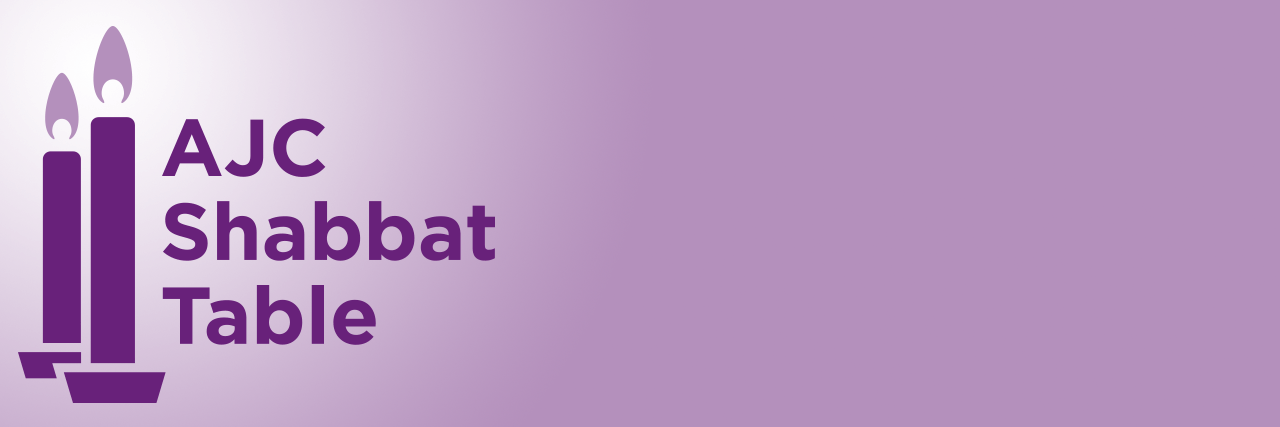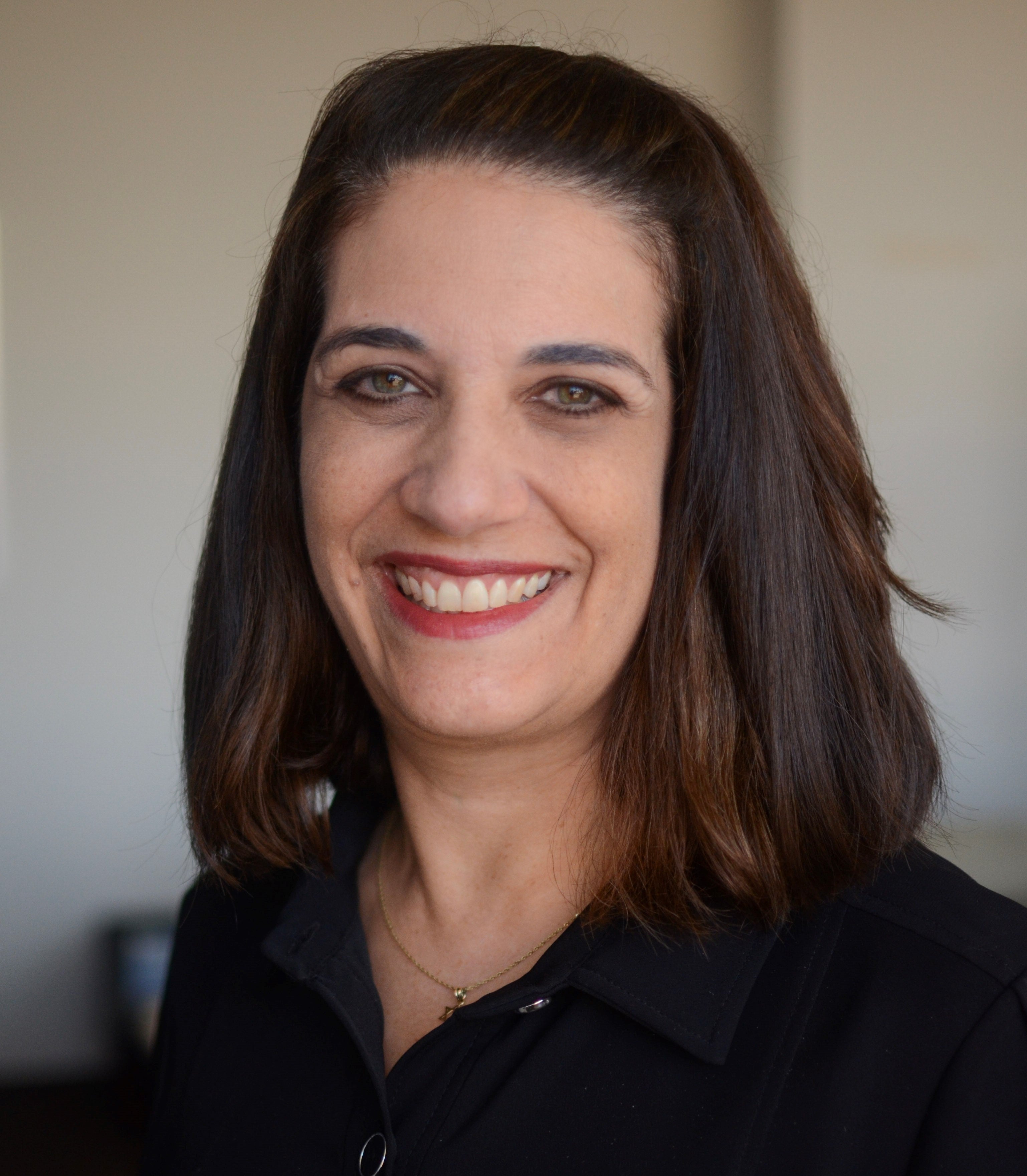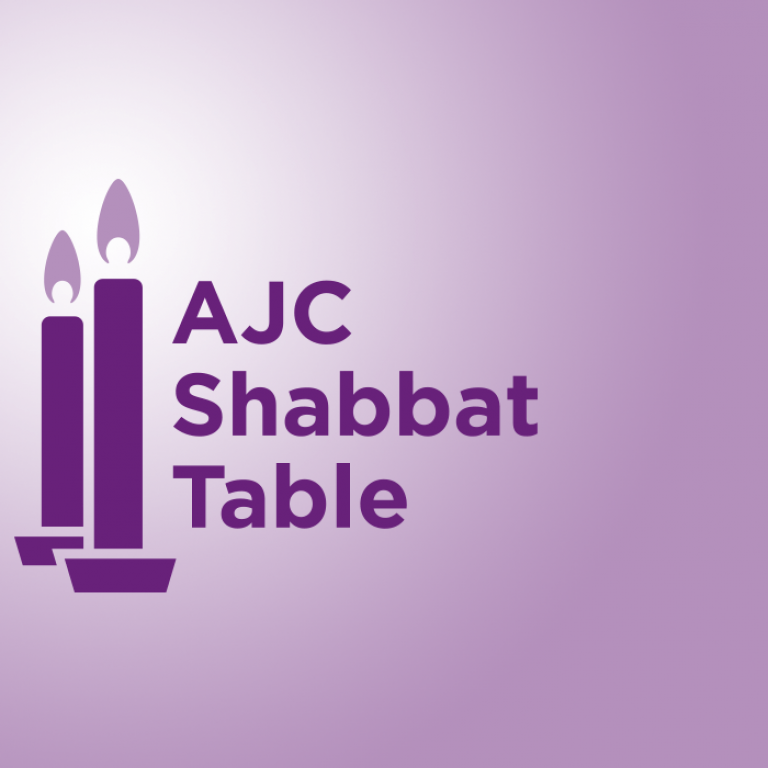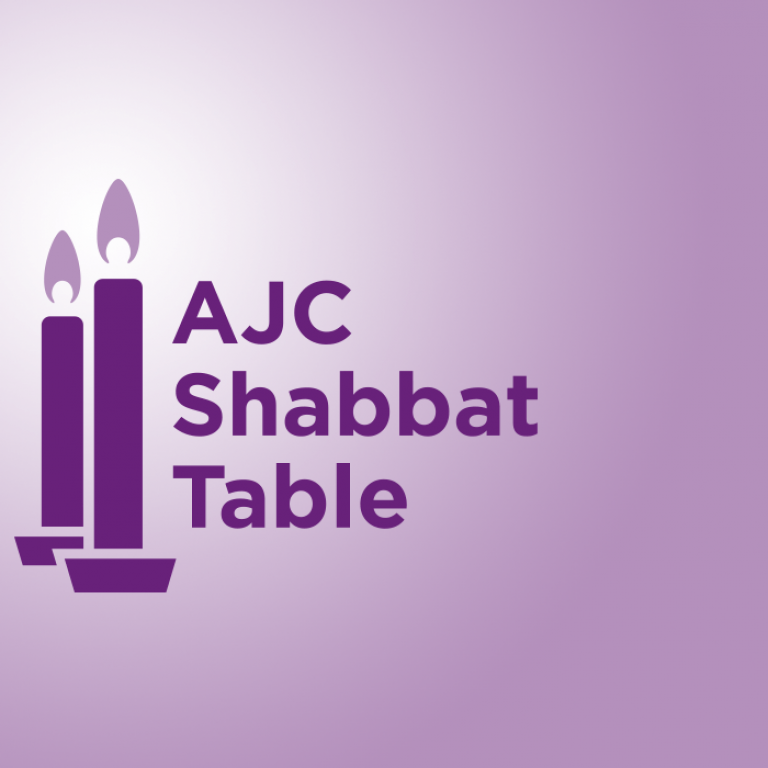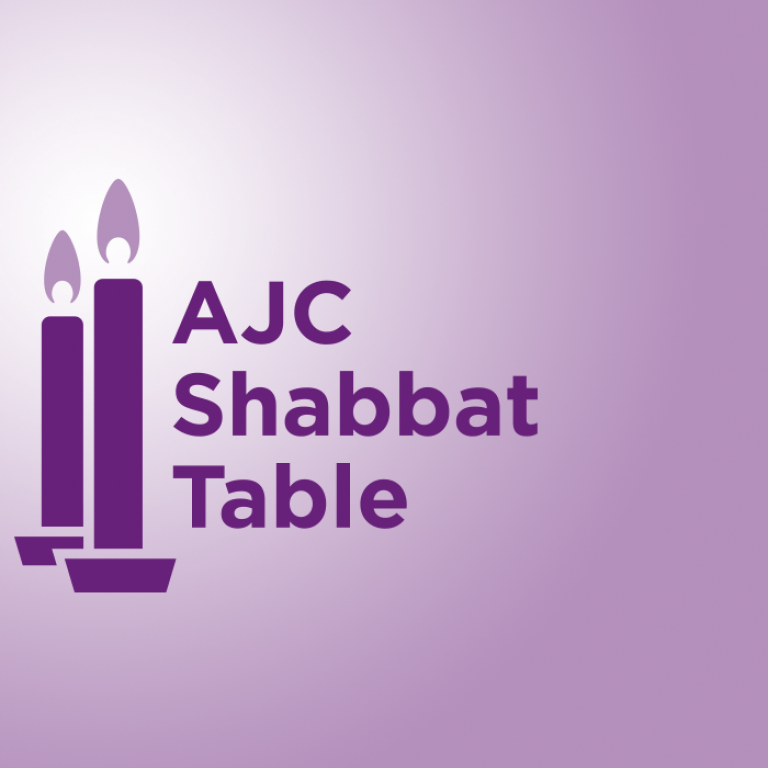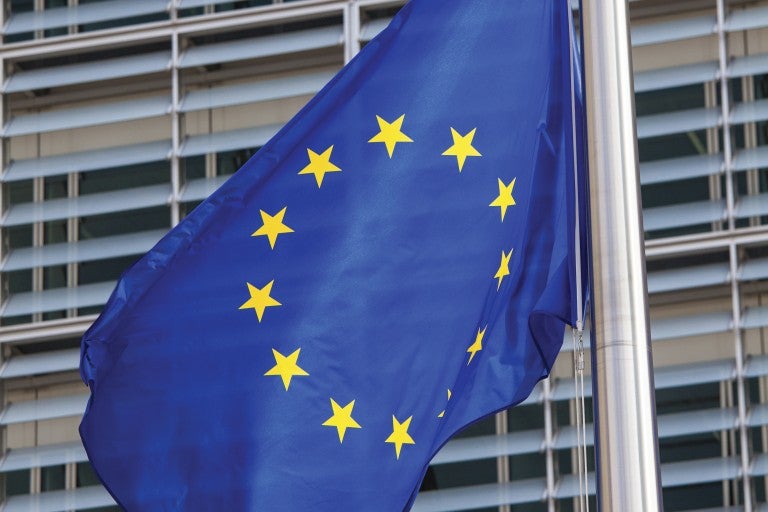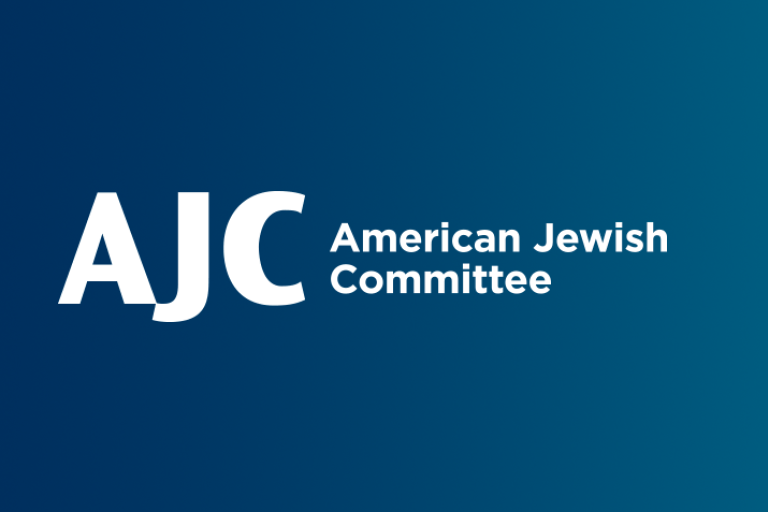October 30, 2020
We want to hear from you!
Now that we’ve been publishing Shabbat Table for about three months, it’s time to hear from our readers about what you think of it! We’d be so grateful if you took two minutes (we promise it won’t take longer than that) to fill out a short survey. Thank you to all those who already filled out the survey. If you haven’t already done so, click here to fill it out. THANK YOU!
This Shabbat: Parshat Lech Lecha
This week’s parsha begins with one of the most powerful verses in the Torah. God tells Abraham to “Lech lecha”: Go forth, leave your land, your birthplace, your father’s home, and go to the land which I, God will show you. There, God says, Abraham will become the father of a great nation. Many biblical commentators over the centuries have pondered what the Torah meant when it said “lech lecha,” which literally means “go yourself.” Rashi, the famous medieval commentator, wrote that it meant “go for yourself, for your own benefit.” He meant that Abraham had to leave the corrupt, idol worshipping land of his youth in order to become the first monotheist and father of the Jewish people. Others say the phrase means “go to yourself,” meaning that Abraham had to leave in order to self-actualize, to become all he could become. Rabbi Jonathan Sacks offers another explanation. He writes that the phrase means “go by yourself.” Although he traveled with his wife Sarah and his nephew Lot, Abraham’s journey was ultimately a lonely one. It meant leaving all that was familiar to him and following his beliefs and his values. As Rabbi Sacks writes, “It is that courage to travel alone if necessary, to be different, to swim against the tide, to speak in an age of relativism of the absolutes of human dignity under the sovereignty of God, that was born in the words Lech Lecha.” Sometimes our work as advocates for Israel and the Jewish people can feel very lonely as we face opposition from all sides. Let us channel the strength of Abraham, who was courageous enough to follow his belief in God and chart his own countercultural course, changing humanity forever.
This Week in Jewish History
November 2, 1883 - Emma Lazarus writes “The New Colossus”
“The New Colossus,” the poem at the base of the Statue of Liberty is perhaps the most famous American poem ever written. But not many know that this poem, so treasured by millions of immigrants who found refuge in America, was written by a young American Sephardic Jew. Read more about Emma Lazarus here.
The New Colossus
Not like the brazen giant of Greek fame,
With conquering limbs astride from land to land;
Here at our sea-washed, sunset gates shall stand
A mighty woman with a torch, whose flame
Is the imprisoned lightning, and her name
Mother of Exiles. From her beacon-hand
Glows world-wide welcome; her mild eyes command
The air-bridged harbor that twin cities frame.
“Keep, ancient lands, your storied pomp!” cries she
With silent lips. “Give me your tired, your poor,
Your huddled masses yearning to breathe free,
The wretched refuse of your teeming shore.
Send these, the homeless, tempest-tost to me,
I lift my lamp beside the golden door!”
November 4, 1995 - Yitzhak Rabin is assassinated
On the evening of November 4, 1995, thousands of Israelis gathered in Kings of Israel Square for a peaceful rally in support of the highly controversial Oslo Accords. The agreement between Israel and the PLO was meant to lead to peaceful disengagement and a two-state solution. In the months after its signing, the Israeli right engaged in increasingly hateful and extremist rhetoric about Prime Minister Yitzhak Rabin, one of the main architects of the Accords, which involved Israel ceding territory in the West Bank to the Palestinians. Posters depicted Rabin, a hawkish general and war hero cum peacemaker, as a Nazi and slogans declared him a traitor to the Israeli and Jewish people. Ultra-nationalist rabbis declared him a “rodef” (pursuer), which under Jewish law meant he could be killed in self-defense because, they argued, the Oslo Accords would endanger Jewish lives. So, the November 4 rally occurred at a tense time for Israel. Rabin spoke at the rally and, together with some of Israel’s most popular pop stars, sang Shir Lashalom, the “Song of Peace,” a famous Israeli peace anthem. After the rally, as Rabin walked to his car, a young Orthodox ultra-nationalist extremist named Yigal Amir shot and killed him. This was the first political assassination of its kind in the State of Israel, and the fact that the assassin was a fellow Jew made the event even more horrifying to the Israeli public and the Jewish world. After Rabin’s assassination, the Israeli right engaged in a great deal of introspection, with many expressing deep regret about the extremist and inciting language they had used. Israel declared a national memorial day for Rabin on the Hebrew date of his death (which this year falls on Friday, October 30) and the square where he was killed has been renamed Rabin Square. However, the struggle between religious right-wing and secular left-wing forces within Israel continues. Rabin’s assassination was described by Ilan Peleg of the Middle East Institute as “reflecting a deep cultural divide within Israel’s body politic…which illustrates both increased polarization and political conflict in the country.” In 2019, “Incitement,” an Israeli film about the extremist rhetoric and ideology that led up to the Rabin assassination premiered at the Toronto International Film Festival. In a moment of painful irony, the screening was stopped because of a security threat. For a deeper dive into the storied and complex legacy of Yitzhak Rabin, and about the tragic circumstances of his murder, take a look at this nuanced video.
In 1998, AJC published a booklet of essays edited by Yossi Klein Halevi called “Jewish Identities in Post-Rabin Israel.” You can read this treasure from the AJC archives by clicking here.
For Shabbat Table Discussion: AJC’s 2020 Survey of the State of Antisemitism in America
This past Monday, AJC released its report titled The State of Antisemitism in America 2020 based on two parallel surveys of both Jewish and non-Jewish views on antisemitism in America. The report “shows deep anxiety among American Jews and a disturbing lack of awareness among the general public about the severity of antisemitism in the United States.” It also revealed widely divergent views regarding Jew-hatred in America.
Questions for discussion at your table:
- Have you ever experienced antisemitism? Was it online or in person? What happened? How did you feel?
- Are you worried about rising antisemitism in America?
- Do you think that the lack of knowledge about the Holocaust and growing Holocaust denial are contributing to rising antisemitism?
- What can Jews do to help non-Jewish Americans understand our concern about rising antisemitism?
For more information about how to talk to your family and friends about the results of the 2020 Survey on the State of Antisemitism in America:
- Read the survey results on AJC’s website.
- Read AJC’s analysis of the survey results.
- Watch AJC’s Advocacy Anywhere program The State of Antisemitism in America, a conversation with Avi Mayer, AJC’s Managing Director of Global Communications and Holly Huffnagle, AJC’s U.S. Director for Combating Antisemitism, about the survey’s results.
- Watch AJC’s Advocacy Anywhere program Inside Facebook, a conversation with Monika Bickert, Facebook’s Vice President of Content Policy, about the social media giant’s hate speech policies.
Shabbat shalom!
שבת שלום!
